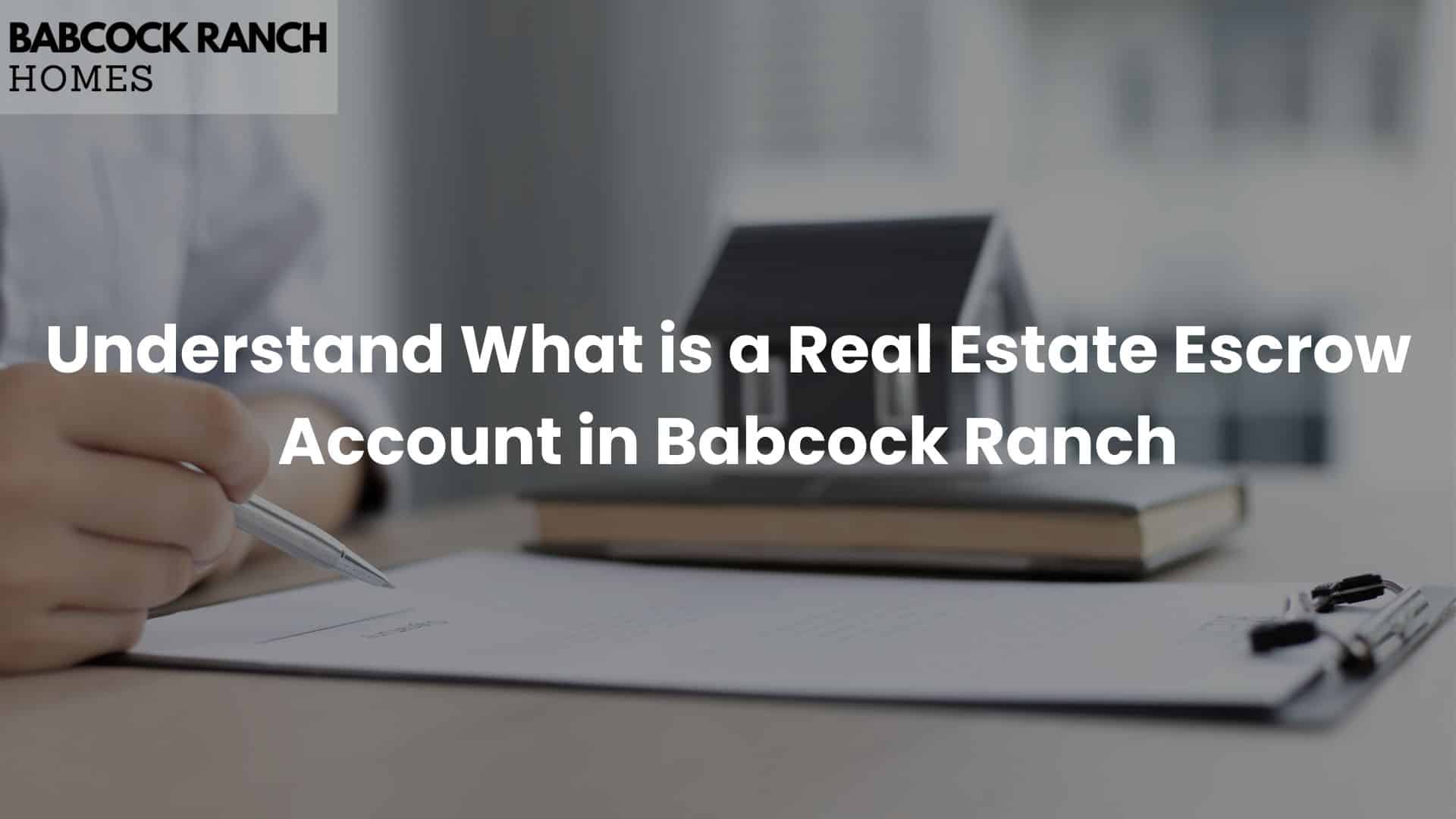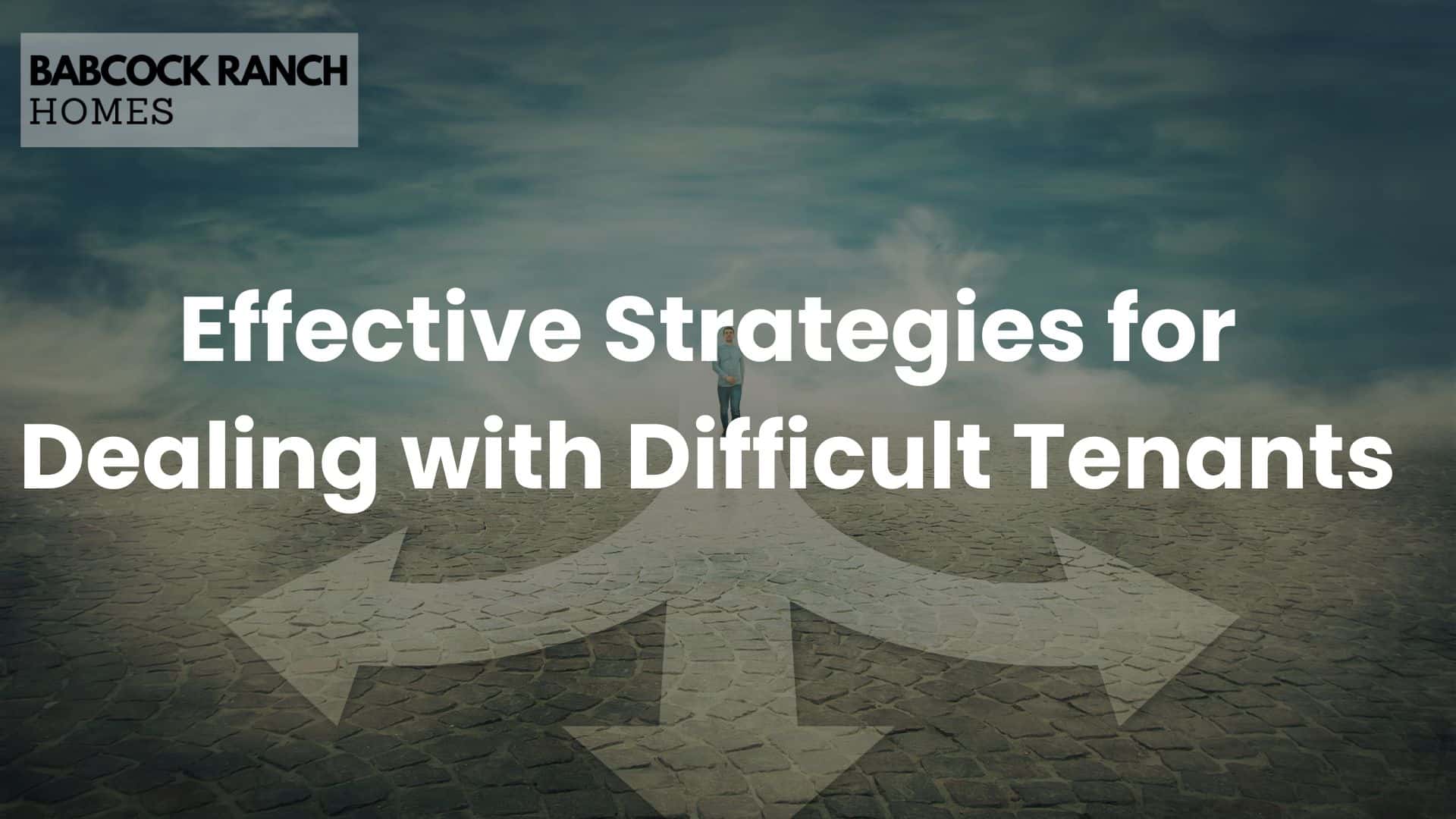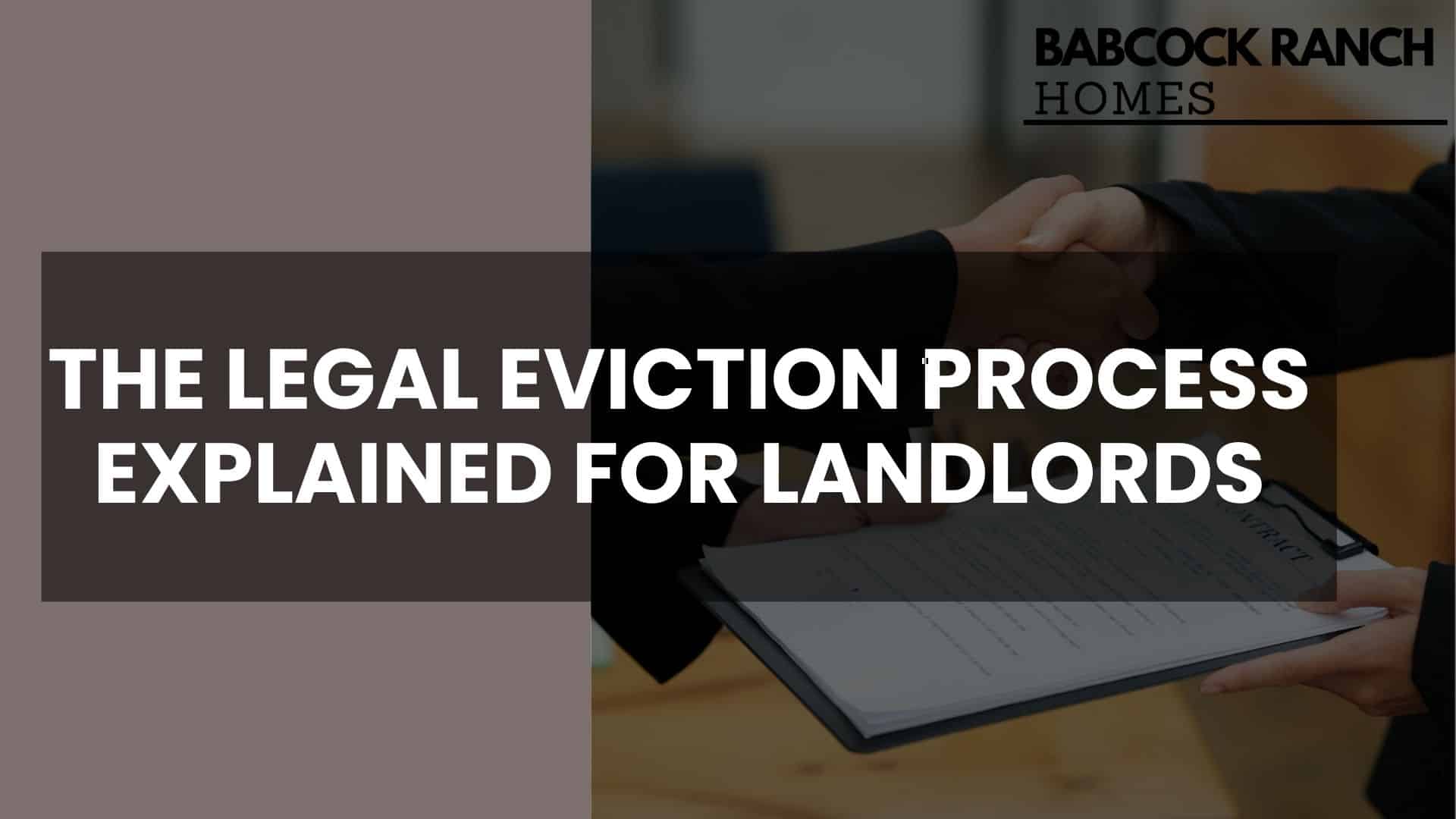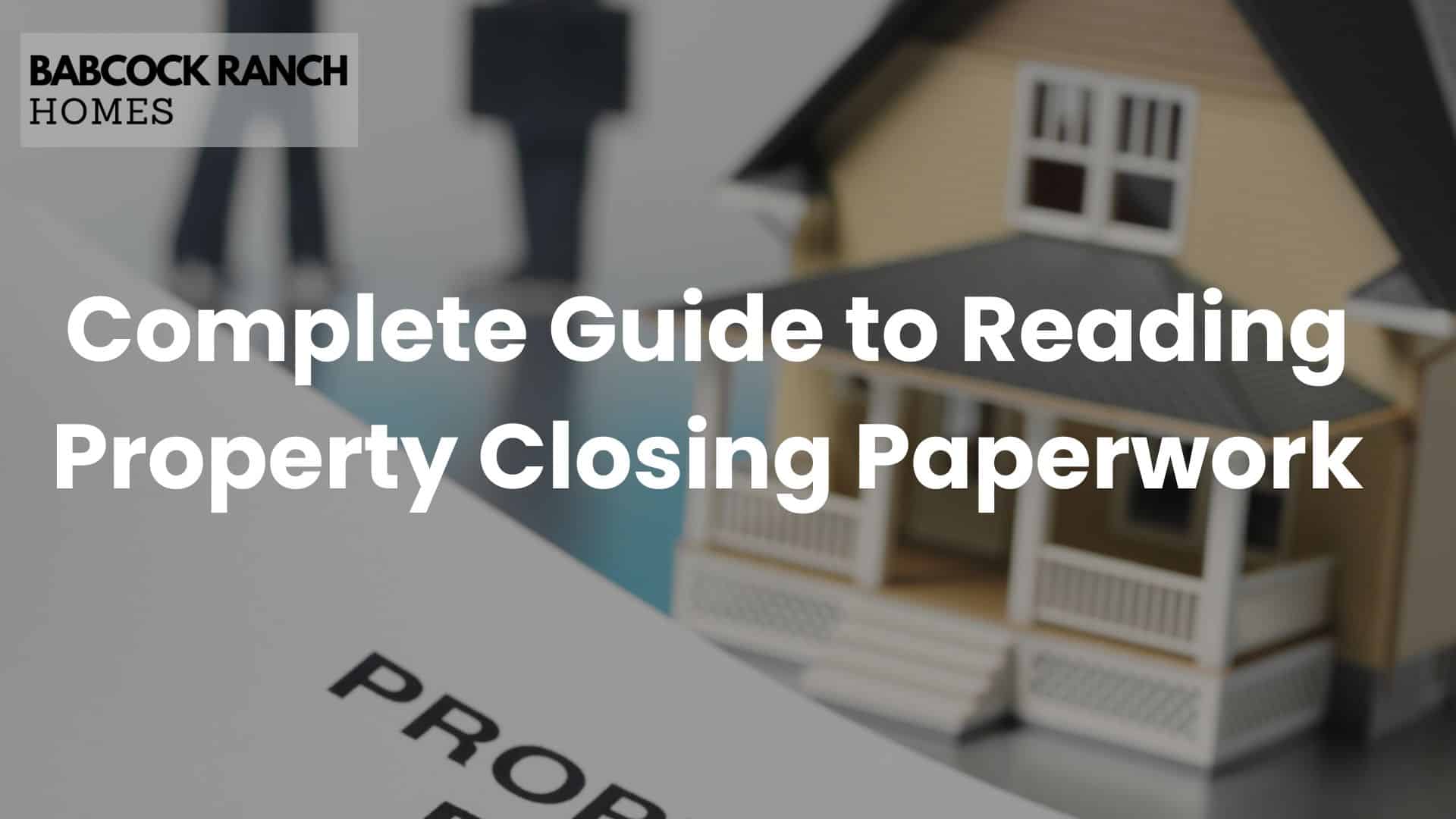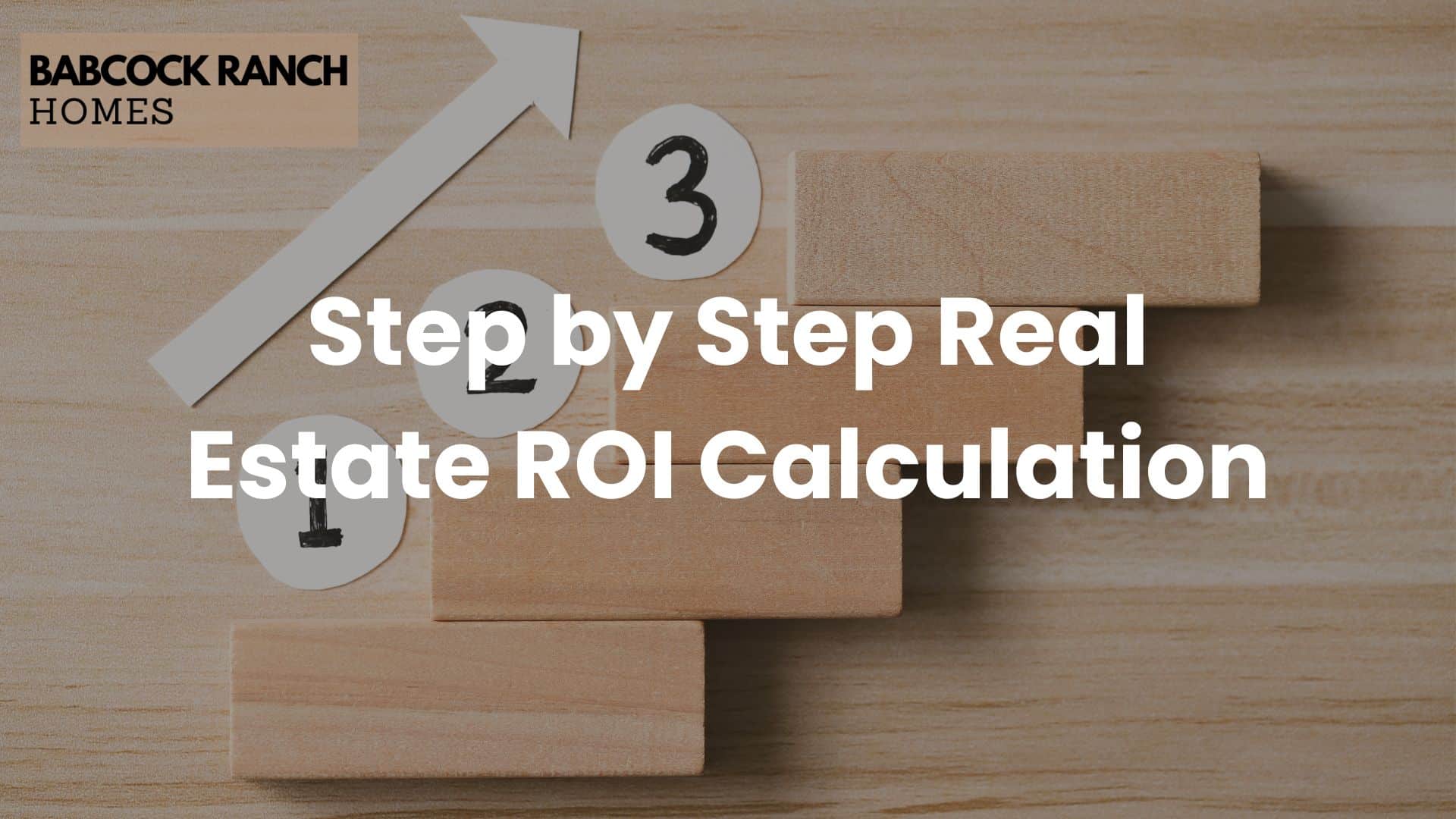When purchasing property in Babcock Ranch, Florida, savvy buyers often include protective clauses in their purchase agreements. One critical safeguard? The mortgage contingency. This provision allows buyers to withdraw from a deal without penalties if they can’t secure financing by a specified deadline.
For Florida residents working with Babcock Ranch Homes (518-569-7173), these contingencies serve as financial safety nets. They protect your earnest money deposit while giving lenders adequate time to process applications. Deadlines matter here – missing contractual dates could forfeit your exit options.
Why prioritize this clause? Nearly 8% of U.S. home purchases face financing hurdles, according to recent industry reports. A well-structured contingency plan keeps your deposit secure and reduces stress during negotiations. Local experts at Babcock Ranch Homes recommend reviewing loan pre-approval details before making offers.
Key Takeaways
- Contingencies protect deposits if financing falls through
- Specific deadlines dictate contract timelines
- Florida contracts require precise legal wording
- Pre-approval strengthens purchase offers
- Local expertise ensures proper clause implementation
This guide explores how strategic contingency planning creates smoother transactions. You’ll learn to navigate lender requirements, timeline management, and contract specifics – essential knowledge for Florida’s competitive real estate market.
Introduction to Mortgage Contingencies in Real Estate Transactions
Navigating real estate deals requires smart safeguards. One crucial tool? Mortgage contingencies. These contract provisions let buyers exit a deal if loan approval fails, keeping their deposit safe. Unlike inspection clauses, they focus solely on financing hurdles.

Overview of Mortgage Contingencies
Built into purchase agreements, these clauses set clear deadlines for securing loans. If financing collapses, buyers reclaim their earnest money deposit. Sellers gain assurance that offers come from qualified parties.
Consider a scenario: A buyer’s loan stalls due to shifting lender requirements. With a contingency, they withdraw by the agreed date without losing funds. Without it? Their money deposit could vanish.
Importance for Homebuyers in Today’s Market
In competitive markets like Florida, contingencies balance risk for both sides. Buyers protect savings while sellers avoid stalled deals. Recent data shows 1 in 12 transactions face financing delays, making these terms vital.
Babcock Ranch Homes advises clients to align contingency dates with lender timelines. “Always build buffer days,” suggests their team. “Mark your calendar – missing deadlines forfeits exit rights.”
What is a Mortgage Contingency and How Does It Work?
Smart home purchases rely on contract terms that address financial uncertainties. These provisions create structured exit strategies while keeping transactions moving forward.
Essential Elements in Financing Safeguards
Three core components define these protective measures:
| Component | Purpose | Example |
|---|---|---|
| Approval Deadline | Sets final date for loan confirmation | 45 days from contract signing |
| Deposit Conditions | Specifies refund rules for earnest money | Full refund if denied by day 40 |
| Lender Requirements | Details needed documentation | Credit reports, income verification |
Managing Transaction Timelines
Most Florida contracts allow 30-60 days for final loan decisions. This period balances lender processing speeds with seller expectations.
“Always align your deadline with the lender’s average approval timeline, then add 7-10 buffer days,” advises a Babcock Ranch Homes specialist.
The process typically follows these steps:
- Obtain preapproval before making offers
- Negotiate contingency terms in the contract
- Submit complete paperwork to lenders
- Monitor progress toward the deadline
This structure protects your deposit amount while giving lenders adequate time. Missing key dates could forfeit withdrawal rights, making calendar management crucial.
Understanding Earnest Money and Its Role in Your Home Purchase
In Florida’s housing market, earnest money deposits bridge trust between parties. This upfront payment—typically 1-3% of the sale price—demonstrates serious intent to purchase. Funds held in escrow reassure sellers while giving buyers time to finalize financing.
Protecting Your Deposit During the Process
Three safeguards keep your funds secure:
- Contractual refund triggers tied to loan approval status
- Escrow account management by neutral third parties
- Clear deadlines for resolving financing issues
If lenders deny your application before the agreed date, you reclaim the full deposit. Appraisal discrepancies can also trigger refunds if property valuations fall short of loan requirements.
“We structure contracts with dual protections—for your funds and your peace of mind,” notes a Babcock Ranch Homes advisor.
Their team coordinates with title companies to ensure proper escrow handling. Regular updates keep buyers informed at each stage, from initial deposit to closing. This proactive approach minimizes financial risks while maintaining transaction momentum.
The Steps to Secure Financing with a Mortgage Contingency
Navigating the financing process requires strategic planning to meet contractual deadlines. Buyers must understand how lenders evaluate applications and how loan types affect their purchasing power. Let’s break down the key stages.

Preapproval versus Final Loan Approval
Preapproval gives sellers confidence in your offer but doesn’t guarantee funds. Lenders provide conditional approval after reviewing credit scores and income. Final approval comes later, requiring:
- Property appraisal matching the sale price
- Verification of employment and assets
- No major changes to your financial profile
Babcock Ranch Homes agents recommend getting preapproved before house hunting. This clarifies your budget and strengthens negotiation positions.
Evaluating Loan Types and Lending Criteria
Different loans suit various buyer needs. Compare three common options:
| Loan Type | Down Payment | Credit Minimum |
|---|---|---|
| FHA | 3.5% | 580 |
| Conventional | 3-20% | 620 |
| VA | 0% | Varies |
Interest rates directly impact your monthly payments. A 0.5% rate difference on a $300,000 home adds $89/month. Always lock rates early if market conditions shift.
“Set calendar reminders for all contingency dates – lenders won’t extend deadlines automatically.”
Follow these steps to streamline approvals:
- Gather tax returns, pay stubs, and bank statements
- Compare multiple lenders’ rates and fees
- Submit documents promptly after offer acceptance
Timely communication with your loan officer ensures you meet critical dates in the contingency clause. Delays risk losing both the property and earnest money.
Waiving the Mortgage Contingency: Risks and Considerations
In heated housing markets, buyers sometimes remove financing safeguards to stand out. While this tactic can boost offer appeal, it carries significant financial exposure. Let’s examine when bypassing protections makes sense – and when it jeopardizes your investment.
Enhancing Offer Competitiveness
Sellers often favor offers without financing conditions, viewing them as more reliable. In multiple-bid situations, waiving the contingency might:
- Position your proposal as “low-risk” compared to rivals
- Speed up closing timelines by eliminating lender approval steps
- Demonstrate strong financial readiness to sellers
Babcock Ranch Homes agents note this strategy helped 23% of clients win bids in Q1 2024. However, they caution: “Only consider this if you have absolute confidence in loan approval.”
Potential Financial Risks to Consider
Removing this safety net means losing your earnest money if financing fails. A Tampa buyer recently forfeited $15,000 after their lender denied approval post-contract. Key dangers include:
- Losing deposit funds if loans get rejected
- Personal liability for purchase completion without funding
- Missed deadlines leaving no exit options
“Always maintain the contingency unless you have cash reserves covering the full purchase amount,” advises a Babcock Ranch Homes specialist.
If waiving seems necessary, negotiate shorter contingency periods instead. This balances competitiveness with protection, giving you a defined window to secure funding.
Other Real Estate Contingencies You Should Know About
Real estate transactions involve multiple layers of protection beyond financing safeguards. While mortgage clauses address loan approvals, other provisions shield buyers from unexpected issues during the purchasing journey.

Home Inspection and Appraisal Safeguards
Inspection clauses let buyers assess a property’s condition. If major defects emerge—like foundation cracks or outdated electrical systems—you can request repairs or withdraw without penalty. Appraisal terms ensure the home’s value matches the loan amount. A low valuation allows renegotiation or exit rights.
Title and Insurance Protections
Title contingencies verify legal ownership clarity. They prevent disputes over liens or inheritance claims. Insurance requirements confirm insurability—critical in flood-prone areas like Florida. Without these, you might inherit costly legal battles or uninsurable damage risks.
“Combining these clauses creates a safety net covering structural, financial, and legal aspects,” notes a Babcock Ranch Homes advisor.
Consider this comparison of common safeguards:
| Contingency Type | Purpose | Buyer’s Right |
|---|---|---|
| Home Inspection | Identify repairs | Negotiate or exit |
| Appraisal | Confirm value | Adjust price |
| Title Search | Verify ownership | Cancel if issues |
Review all contract conditions with your agent. Each provision offers unique advantages, working together to minimize risks in your deal.
Mortgage Contingency Clause Details and Extension Options
Effective real estate contracts hinge on clearly defined deadlines and exit strategies. These provisions outline precise conditions for withdrawing from transactions while protecting financial interests. Understanding how to navigate extensions requires knowledge of contractual mechanics and negotiation dynamics.
Understanding Clause Specifics and Extensions
Standard clauses include exact dates for loan approval and explicit deposit return triggers. Key terms often defined:
| Term | Contract Definition | Example |
|---|---|---|
| Date | Final day for lender confirmation | “Loan approval due by 5 PM EST on June 15” |
| Approval | Written lender commitment meeting contract terms | Underwriter’s signed confirmation letter |
| Clause | Section outlining financing exit rights | Paragraph 7(b) of purchase agreement |
Requests for deadline extensions typically follow this process:
- Submit written notice 3-5 days before original expiration
- Provide lender documentation showing progress
- Offer consideration to sellers (e.g., increased deposit)
“Sellers often agree to 7-14 day extensions if buyers demonstrate active lender engagement,” shares a Babcock Ranch Homes negotiator.
In a recent Sarasota transaction, buyers secured a 10-day extension by submitting updated bank statements and paying a $2,000 escrow boost. Sellers accepted to avoid relisting the property.
Negotiation leverage depends on market conditions. In slower markets, sellers may grant extensions freely. Competitive environments might require concessions like higher purchase prices or waived inspection repairs.
Conclusion
Informed decisions protect your investment during property transactions. Mortgage contingencies act as strategic shields, allowing buyers to exit deals safely if funding falls through. These clauses hinge on precise deadlines and clear deposit return terms, balancing protection for both parties.
Key strategies include aligning approval dates with lender timelines and avoiding rushed decisions to waive safeguards. While competitive markets tempt buyers to remove these provisions, doing so risks losing earnest money if loans stall. Always review closing terms and title details before signing agreements.
Babcock Ranch Homes experts streamline this process for Florida buyers. Their team ensures contracts prioritize your financial security while maintaining offer competitiveness. For personalized guidance navigating loan options and contingency planning, call 518-569-7173 today.
Understanding these elements transforms complex transactions into manageable steps. With proper preparation, you’ll secure favorable terms while minimizing exposure to unexpected hurdles.






